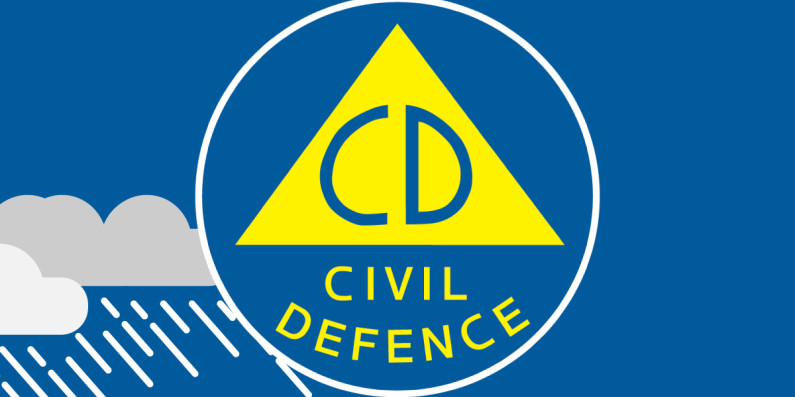Here are some actions you can take to help prepare for weather events.
- Have grab bags ready for everyone in your household in case you have to evacuate. These should include short term essential supplies such as medications, snacks, water, torches, pet food, and baby formula (if needed).
- Plan where you will go if you have to evacuate. This could be a relative or friend’s home in a safe area or a civil defence centre.
- Ensure that you have enough food, water, and other essential supplies to last for several days.
- Clear waste and debris away from drains during daylight. Make sure you’re protecting yourself and wearing the right gear – wear rubber gloves, sturdy footwear, long sleeves and trousers and a facemask. If you have any cuts or abrasions, you should cover them up to avoid infection.
- Put safety first. Don’t take any chances. Act quickly if you see rising water.
- Floods and flash floods can happen quickly. If you see rising water, do not wait for official warnings. Head for higher ground and stay away from floodwater.
- Floodwaters may be full of sewage, chemicals and other hazardous materials and should be avoided as much as possible. If you have to wade through floodwater you should ensure you are dressed appropriately and have sturdy boots on. Never go into floodwaters for fun.
- Stay away from existing landslide areas. Stay away from any cliffs, particularly coastal cliffs and around waterways in the regions that have been badly affected by Cyclone Gabrielle. Further landslides may occur.
- If you learn or suspect that a landslide is occurring or is about to occur in your area: Evacuate immediately, away from the potential slide area if it is safe to do so. Getting out of the path of a landslide or debris flow path is your best protection.

